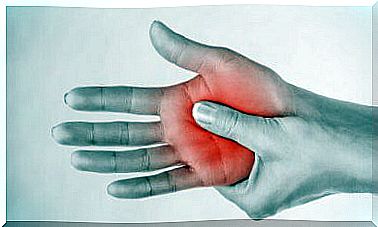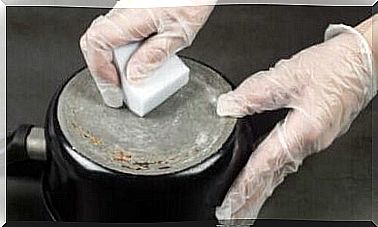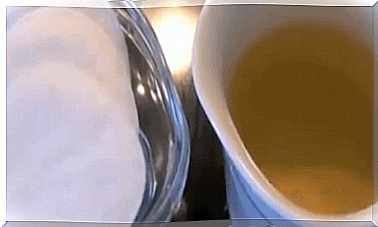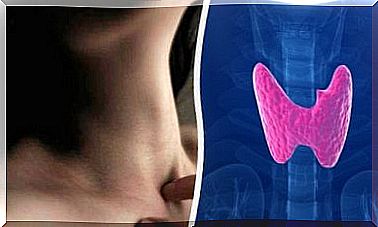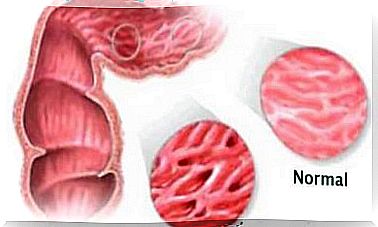5 Edible Seeds That Have Some Amazing Properties
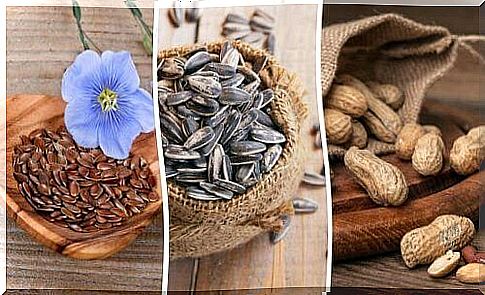
Edible seeds are full of nutrients. They are a living plant that makes renewal and regeneration possible.
Seeds are a food that can be kept alive after it has been harvested. They contain elements that are necessary to keep a future plant alive through the early stages.
Because of this, it is easy to understand why they were among the first foods that were cultivated by humans. Raw edible seeds contain a high concentration of vitamins, proteins, minerals, enzymes and essential oils.
Seed types
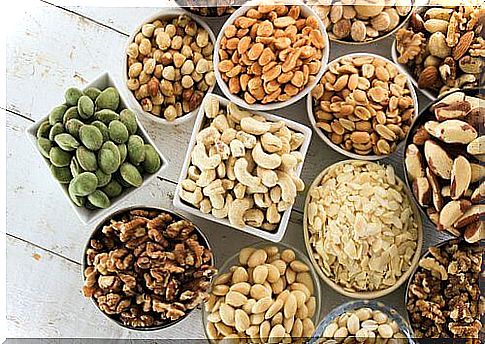
There are different categories of seeds:
Legumes
These seeds are dried, cleaned and harvested. They include chickpeas, beans and lentils to name a few.
These are foods that contain almost all nutrients. They typically contain 350kcal / 100g. They also contain:
- Between 16-19% of recommended protein
- Slow carbs
- Fiber
- Omega 3,6 and 9
Legumes can also help control cholesterol and blood sugar. In addition, they reduce the risk of heart disease and some types of cancer.
Legumes are an important source of vegetable protein for humans.
Nuts
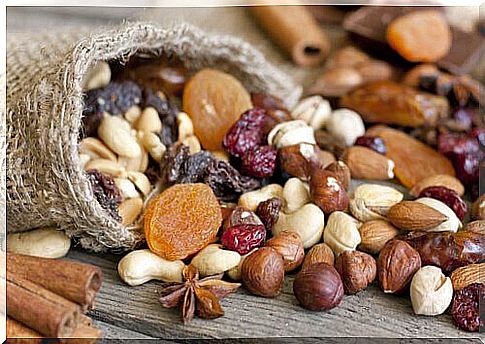
Nuts have a hard shell and edible seeds on the inside. These include hazelnut, walnut, acorn among others.
They contain a lot of healthy fats, and have a high content of antioxidants, vitamin E and minerals.
Nuts can:
- Reduce the risk of cardiovascular disease
- Better nerve signals
- Strengthen the skeleton, muscles and nervous system
Oilseeds
These are edible seeds that we can make oil from. This includes sesame, sunflower and pumpkin seeds.
At the same time, they are seen as a food due to the high content of proteins and healthy fats.
Seeds and their properties
We will take a closer look at 5 edible seeds that have incredible properties.
1. Sunflower seeds
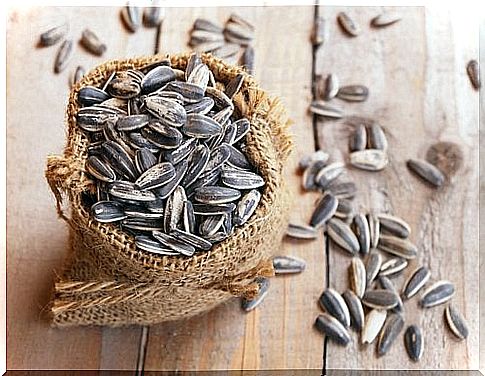
Sunflower seeds contain 36% oil and 23% protein.
They are also a source of vitamins E, B1, B2 and B3. In addition, they contain minerals such as potassium, iron, magnesium and phosphorus.
Sunflower seeds provide us with omega-6 fatty acids that are important for cell burning and for preventing cardiovascular disease.
They also contain fiber that is necessary for optimal bowel function.
2. Pumpkin seeds
Pumpkin seeds are a good source of protein. Only 100 g gives you 54% of the daily recommendation!
They also contain essential fatty acids (omega 3 and omega 6) which help to lower cholesterol levels and help blood circulation to function normally.
They also supply our bodies with vitamins B and E, folate (folic acid), phosphorus, magnesium and iron.
Finally, they also contain cucurbitacins, which can help get rid of intestinal parasites.
Flaxseed
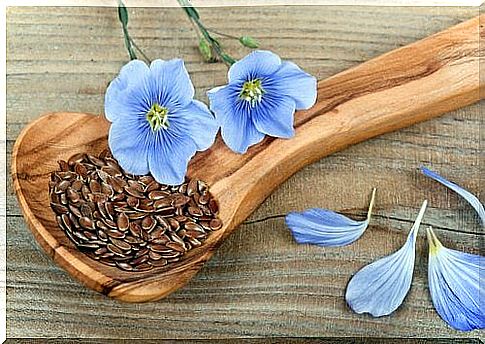
Flaxseed is especially known for its rich content of alpha-linolenic acid (from omega 3). They are also known for various nutrients such as carbohydrates, fiber, protein, vitamins B and E, calcium, magnesium, phosphorus and potassium.
Together, these nutrients act as antioxidants, as well as anti-inflammatory and anticoagulants.
They are also very useful if you suffer from constipation or intestinal inflammation.
4. Chia seeds
Chia seeds are known to be the best vegetable source of omega 3. They are rich in vitamins (especially B vitamins) and minerals (calcium, magnesium, phosphorus, zinc and potassium).
They can also reduce joint pain, help with weight loss and improve bowel function. They can also prevent cardiovascular disease and diabetes and they are also gluten free.
It is important to point out that chia seeds have a high calorie content: 100 g contains 500 kcal, so they should be eaten in moderation.
5. Peanuts
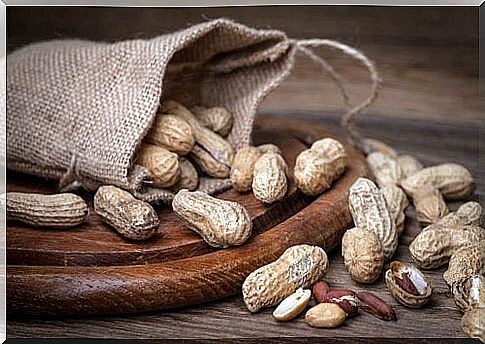
This nut contains a high percentage of monounsaturated fatty acids (about 75%). This can prevent heart disease.
They also contain albumins, carbohydrates, minerals (iron, calcium and phosphorus) and vitamins (A and B1).
Peanuts are very nutritious and contain more protein than other legumes and even meat, which gives you energy.
According to studies, peanuts can reduce the risk of breast cancer and slow down the growth of cancer cells.
Recommendations for edible seeds
- Eat raw peanuts. When nuts are exposed to strong heat, they lose nutrients and vitamins and minerals are reduced.
- Avoid seeds that are salted or sugared.
As you can see, a balanced intake of edible seeds is healthy for the body. Write them on the shopping list so that you do not forget to buy them the next time you are in the store!
